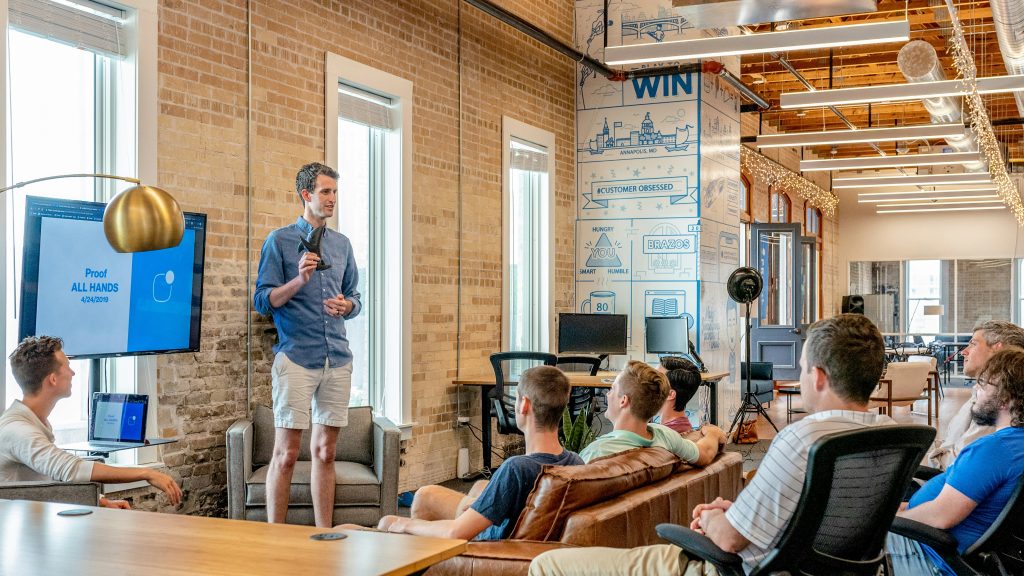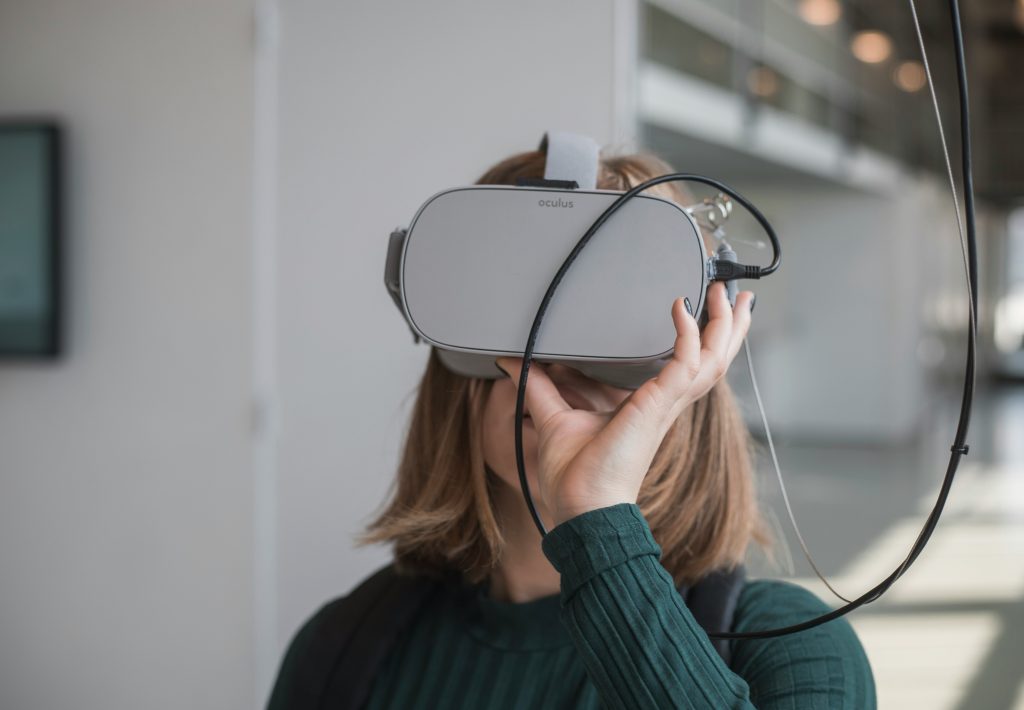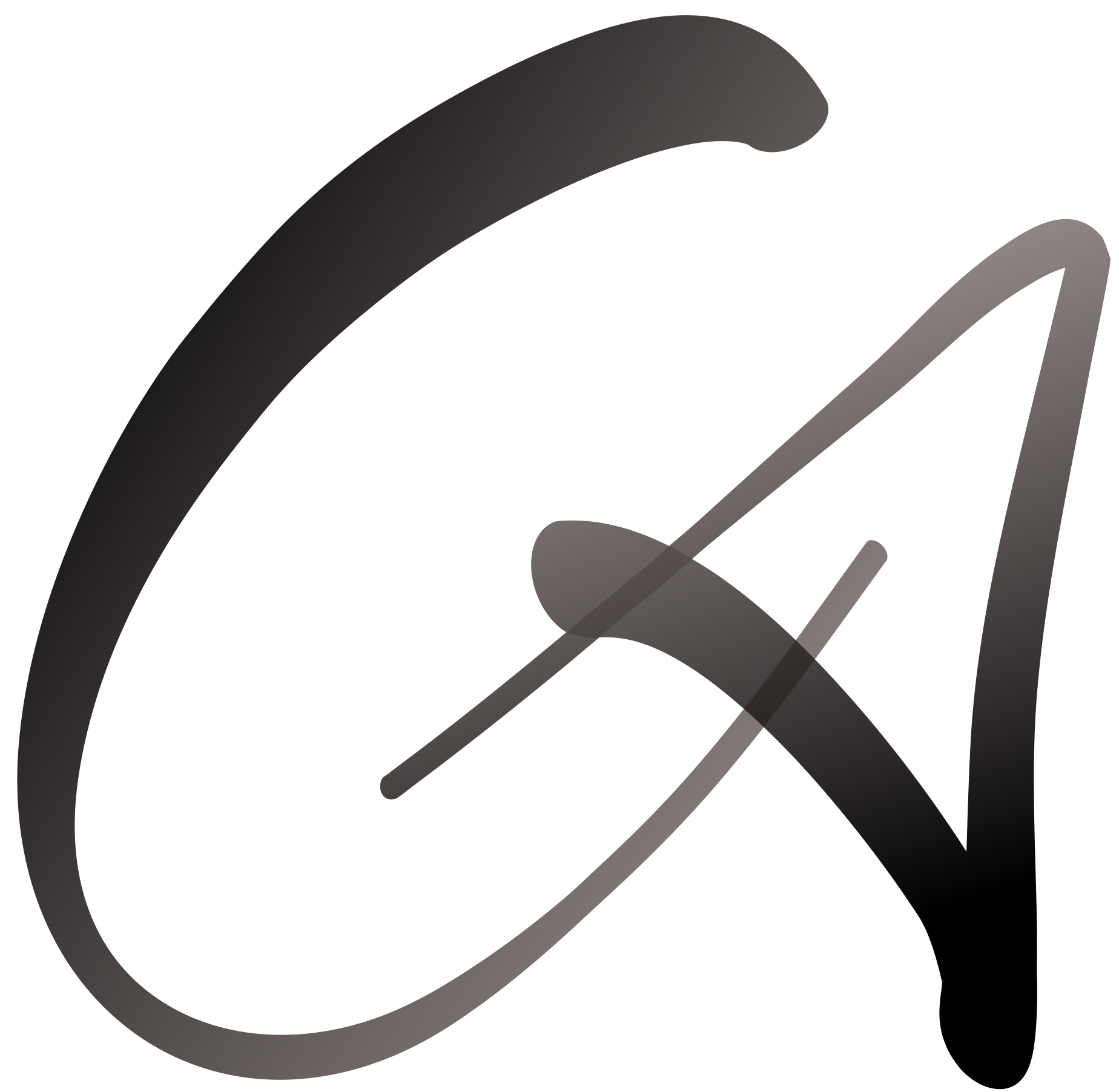In the expanding coffee sector the demand, for interesting teaching methods is more important than ever. This piece will delve into the existing practices in the coffee field evaluating the pros and cons of strategies. Additionally we will explore concepts to enrich and broaden experiences drawing insights, from academic papers and industry know how.

A) Traditional Learning Methodologies:
In the coffee industry traditional methods of learning often involve attending workshops, seminars and practical training sessions in person. These methods allow learners to interact directly with experts and receive feedback, which helps them improve their skills and build connections, in the field. According to Scott Raos book “The Professional Barista’s Handbook ” these hands on approaches offer trainees experience and immediate guidance for honing their barista abilities. However these methods may have limitations due to factors like distance barriers, scheduling issues and variations in instructor proficiency. As mentioned by Jenn Rugolo in Barista Magazine, the quality of training, to individuals can differ based on location and the presence of trainers.

B) Online Learning Platforms:
The rise of online learning platforms has opened up opportunities, in the coffee industry. Online resources like videos, podcasts and interactive courses offer adaptable learning experiences for people all over the world. According to Andrew Hetzels work on “Training and Development for the Coffee Industry ” these platforms democratize education by enabling anyone with internet connectivity to enhance their skills. Nonetheless these platforms may lack feedback and hands on practice for mastering specific techniques. Tomi Niemeläs piece, in Perfect Daily Grind highlights that while online platforms offer convenience and wide accessibility they often struggle to replicate the tactile and intricate aspects of coffee preparation.
C. Blended Learning Approach:
Blending face, to face training with resources creates a more holistic learning experience. This approach offers tailored guidance, instant feedback and ongoing skill enhancement. In their publication “Putting Blended Learning into Action; Advice for Educators ” Stephen Josephs and Ruth Shelton highlight the benefits of mixing learning methods to boost engagement and memory retention. However it necessitates preparation and the seamless integration of educational tools to ensure a smooth and successful learning journey. Jonathan Prestidge from CoffeeCourses.com stresses the significance of thought out curriculum design, in combining online and offline elements.
D. Social Learning and Communities of Practice:
In the coffee industry social learning and communities of practice focus, on collaboration and sharing knowledge among peers and mentors. These methods encourage creativity, problem solving abilities and continuous professional growth. Albert Banduras “Social Learning Theory” serves as a basis for understanding how learning takes place through observation and interaction. Despite their advantages social learning can be hindered by biases and varying levels of involvement within the community. According to Dave Jameson, from Barista Hustle while social learning settings offer insights and support they may also suffer from participation and the spread of incorrect practices.
E. Experiential Learning:
Experiential learning, inspired by the teachings of John Dewey and David Kolb emphasizes the importance of hands on experiences and thoughtful reflection, in the learning journey. This approach allows learners to put knowledge into practice in real life situations fostering a grasp of concepts and honing their skills. In his work “Experiential Learning; Experience as the Source of Learning and Development ” David A. Kolb describes learning as a process that involves experiences, reflective observations, abstract conceptualizations and active experimentation. However creating effective experiential learning opportunities demands time and resources. An article by Cat DiStasio, on Cafe Imports sheds light on the financial hurdles faced when developing hands on training programs particularly for small businesses.

Innovative Learning Methodologies:
Several innovative ideas could further enhance learning in the coffee industry:
• Virtual Reality (VR) and Augmented Reality (AR): Virtual reality (VR) and augmented reality (AR) technologies provide interactive learning opportunities that allow learners to hone their skills in simulated settings. As highlighted in David Hungs work “Learning in the Digital Age ” these resources serve as a link, between knowledge and practical application enhancing skill retention and facilitating real world implementation. For instance VR simulations can replicate a café atmosphere, enabling baristas to practice managing workflows without the stress of service.
• Game-Based Learning: Gamification can transform complex concepts into engaging and enjoyable learning experiences. By incorporating game elements, such as points, challenges, and leaderboards, learners become more invested and motivated to develop their skills and knowledge. Karl M. Kapp’s “The Gamification of Learning and Instruction” explains how gamification strategies can increase learner engagement and motivation through competition and rewards.
• Micro-learning: Micro learning divides information into bite pieces enabling learners to interact with the content at their speed and delve into particular subjects of interest. As mentioned in the book “Designing Microlearning”, by Carla Torgerson and Sue Iannone this method can enhance memory retention. Decrease strain, making it well suited for independent learning settings. In the realm of coffee education micro-learning sessions could address themes, like extracting espresso frothing milk or maintaining equipment.
The coffee sector has experienced teaching methods, over time each having its pros and cons. With progress there is room for advancements, in coffee education. By adopting learning techniques and trying out resources the industry can nurture a highly skilled, informed and enthusiastic workforce ultimately aiding in the continuous prosperity and expansion of the coffee field.
References:
1. Rao, S. (2009). The Professional Barista’s Handbook. Self-published.
2. Rugolo, J. (2020). Challenges and Opportunities in Coffee Education. Barista Magazine.
3. Hetzel, A. (2012). Training and Development for the Coffee Industry. Coffee Enterprises.
4. Niemelä, T. (2018). Online Coffee Education: Benefits and Limitations. Perfect Daily Grind.
5. Josephs, S., & Shelton, R. (2016). Blended Learning in Practice: A Guide for Practitioners. Pearson.
6. Prestidge, J. (2019). The Importance of Blended Learning in the Coffee Industry. CoffeeCourses.com.
7. Bandura, A. (1977). Social Learning Theory. Prentice Hall.
8. Jameson, D. (2019). The Pros and Cons of Social Learning in Coffee Training. Barista Hustle.
9. Kolb, D. A. (1984). Experiential Learning: Experience as the Source of Learning and Development. Prentice Hall.
10. DiStasio, C. (2017). Experiential Learning in Coffee Education. Cafe Imports.
11. Hung, D. (2019). Learning in the Digital Age: Towards Designing Spaces and Artifacts for Learning. Springer.
12. Kapp, K. M. (2012). The Gamification of Learning and Instruction. Pfeiffer.
13. Torgerson, C., & Iannone, S. (2020). Designing Microlearning. Wiley.

Leave a Reply to Polskie Raporty Cancel reply